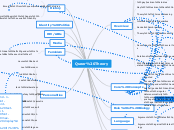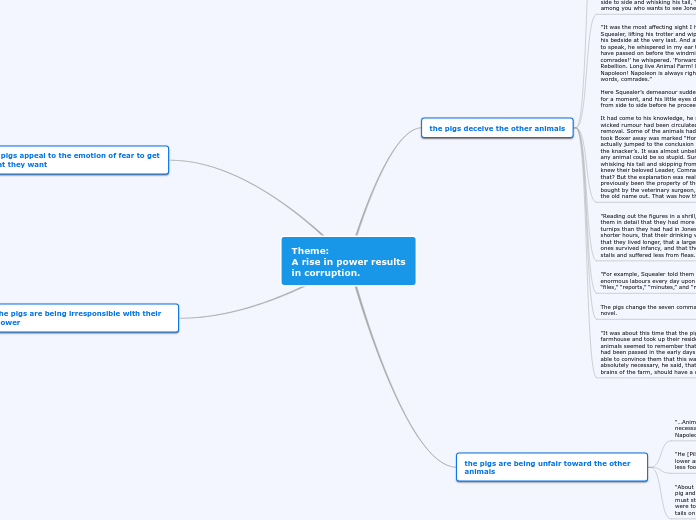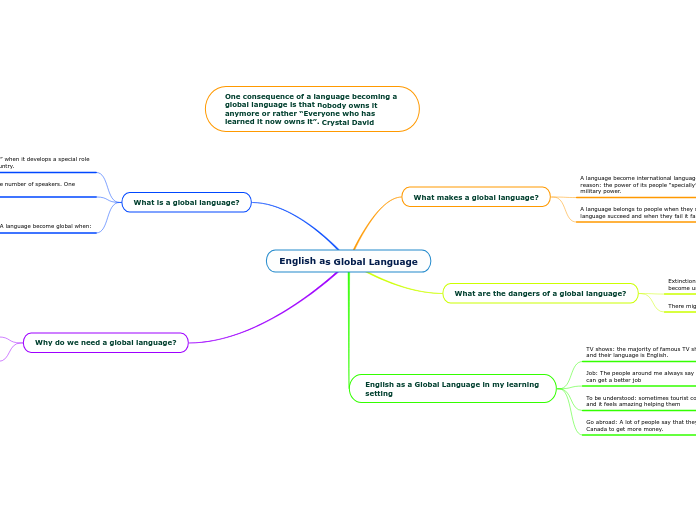realizată de Субботина Виктория Юрьевна 5 ani în urmă
690
Austria
Austria demonstrates a strong inclination towards avoiding uncertainty, with decisions made after careful consideration of all available information, reflecting its high Uncertainty Avoidance score.









